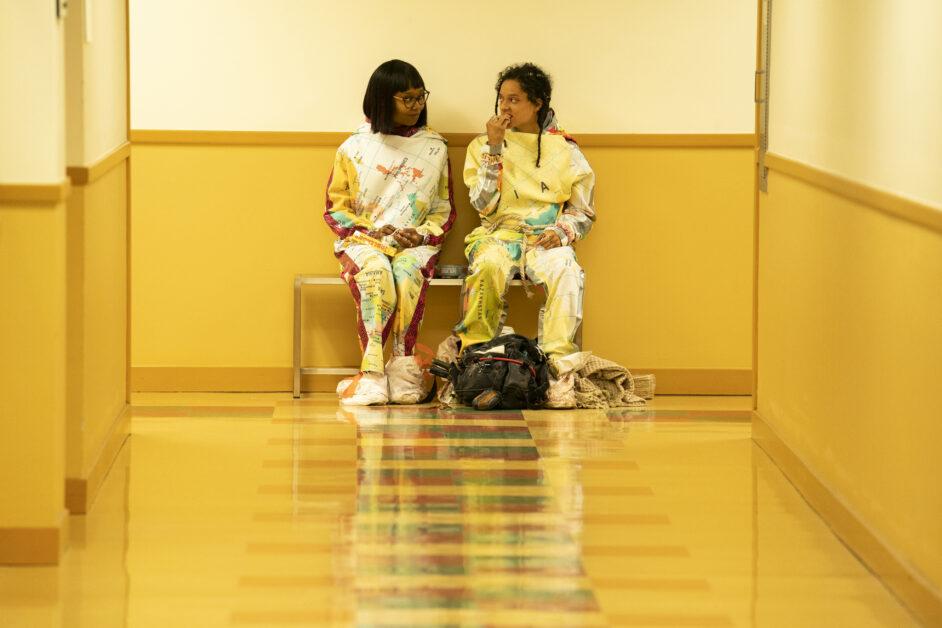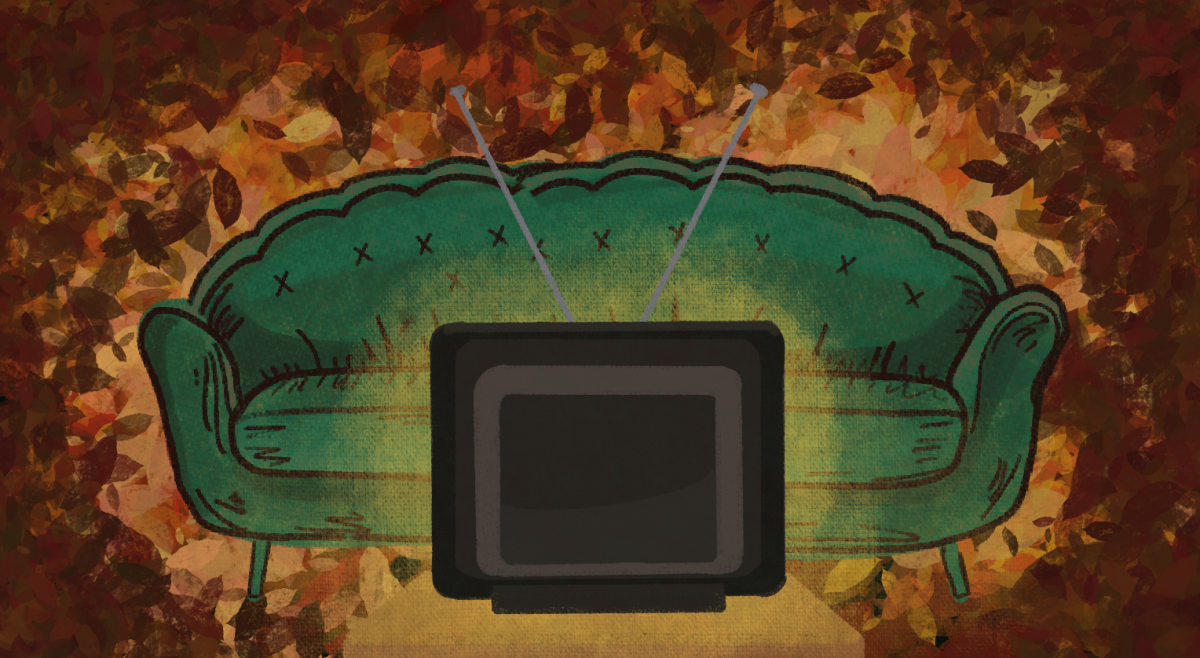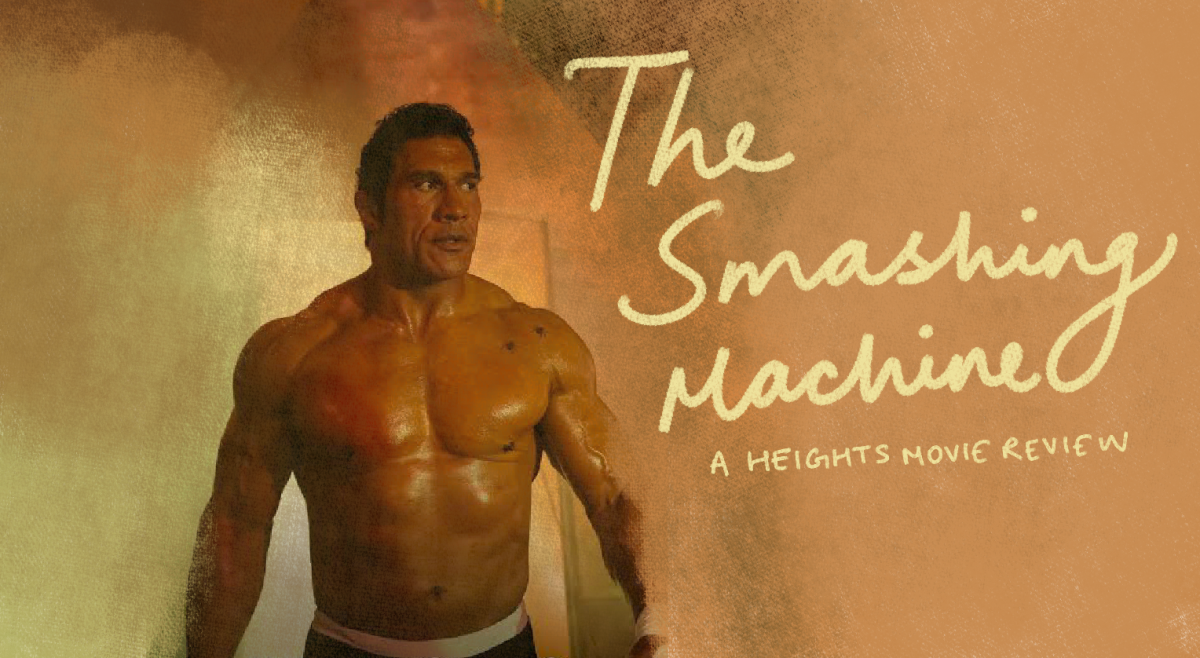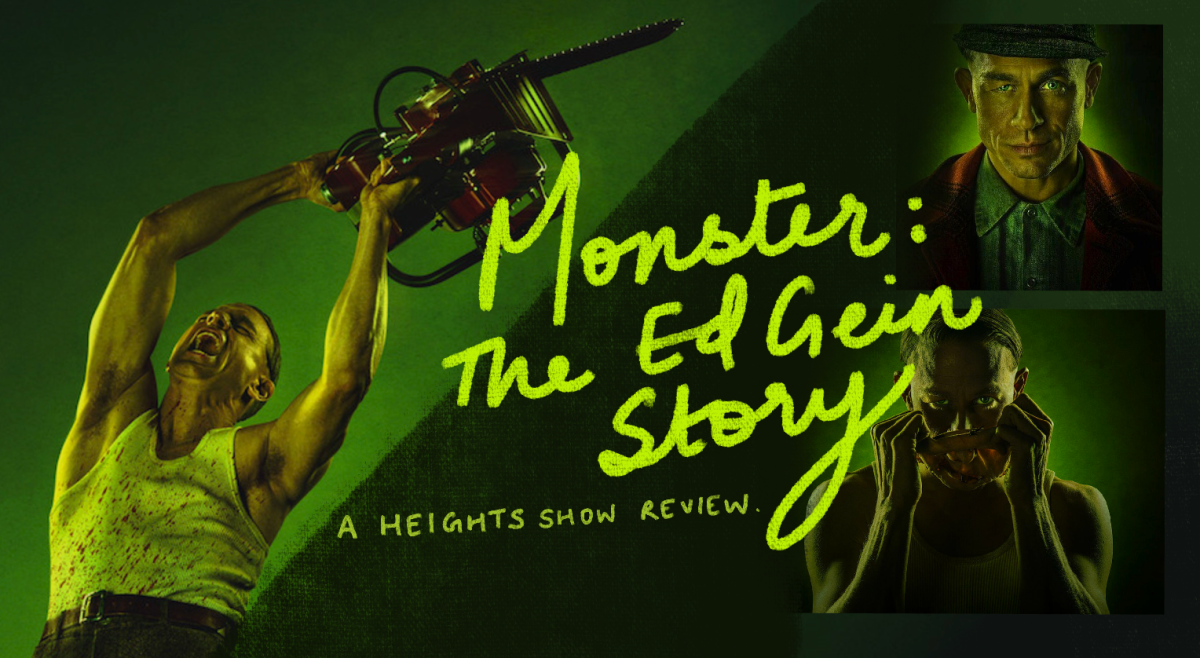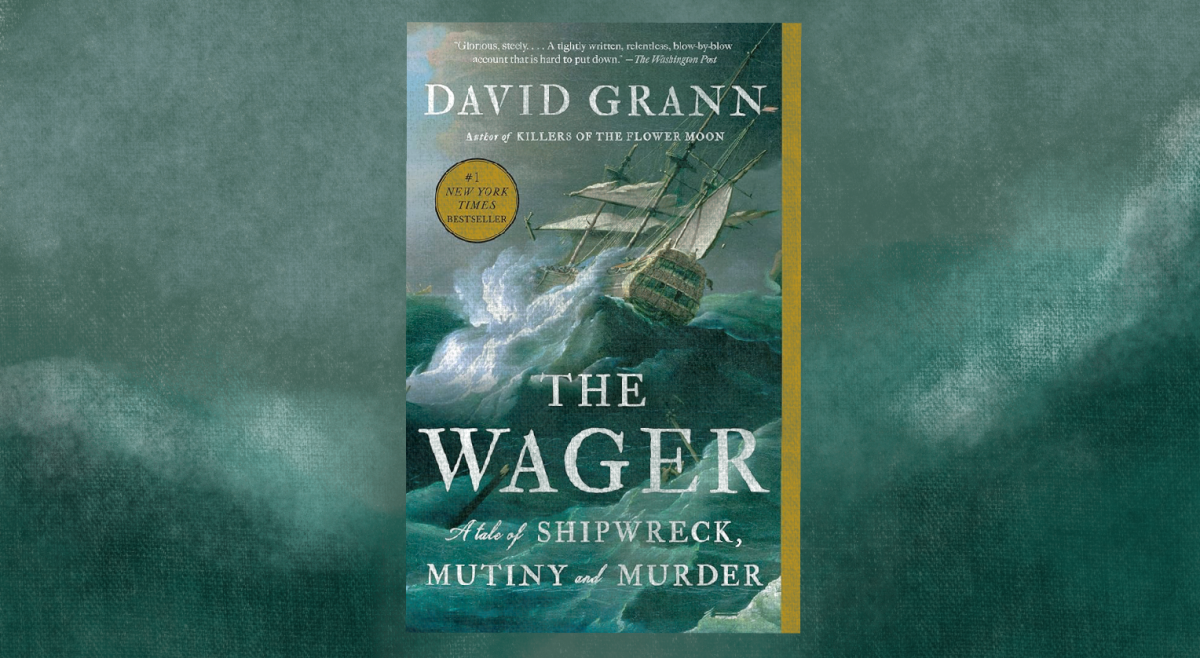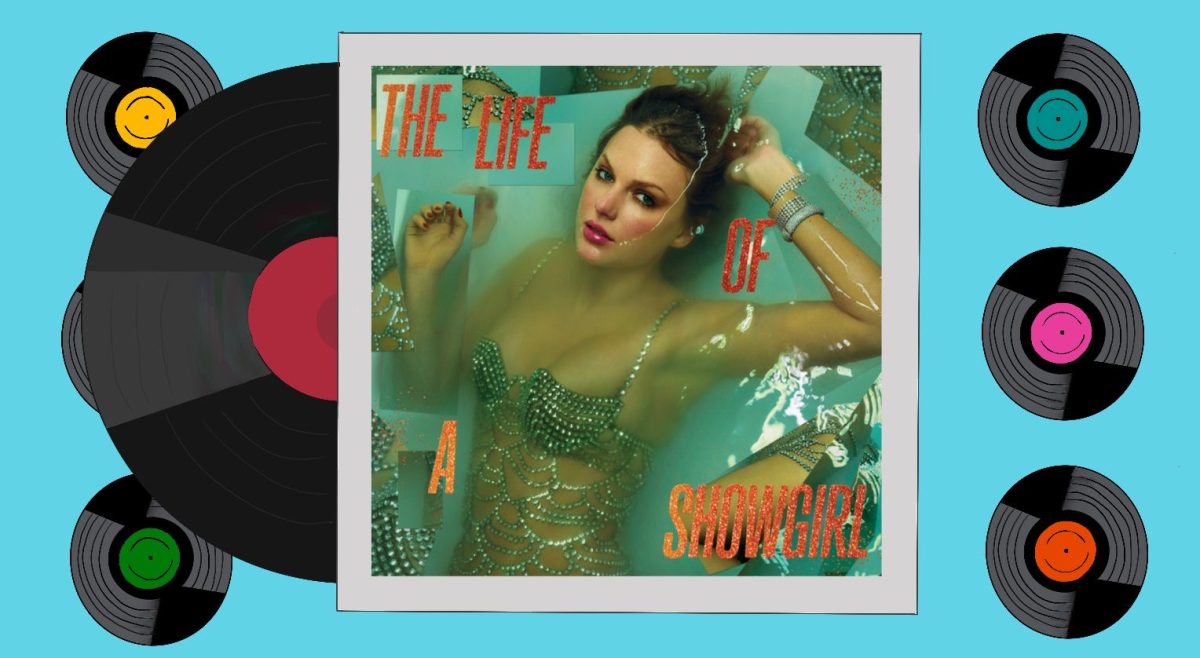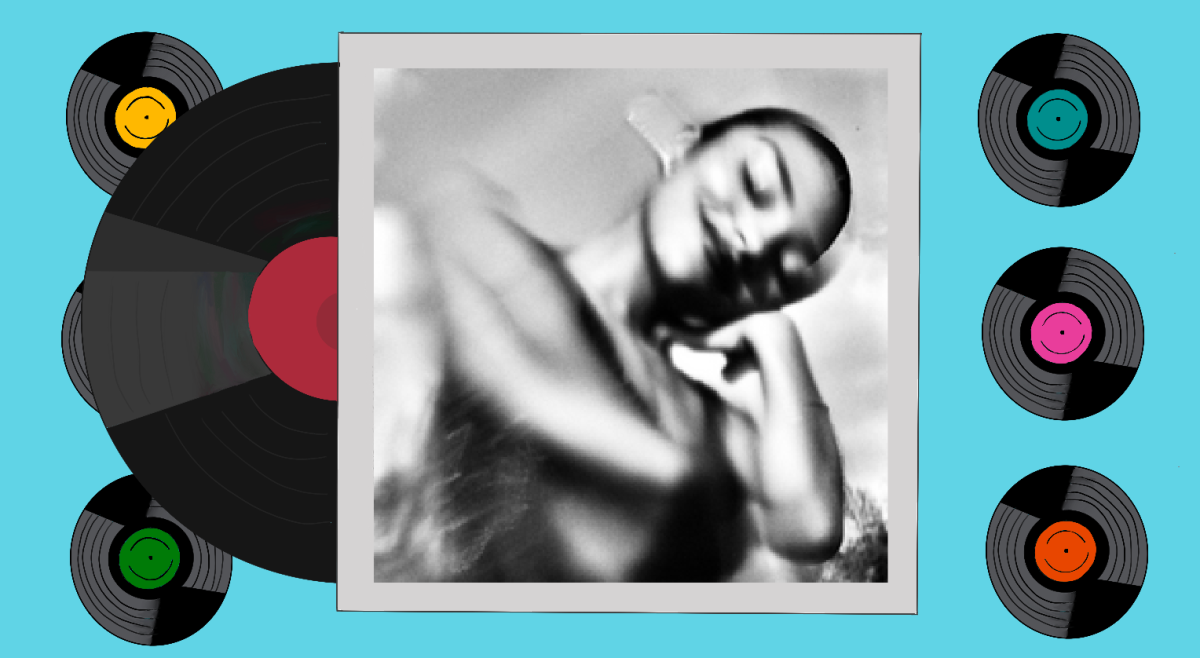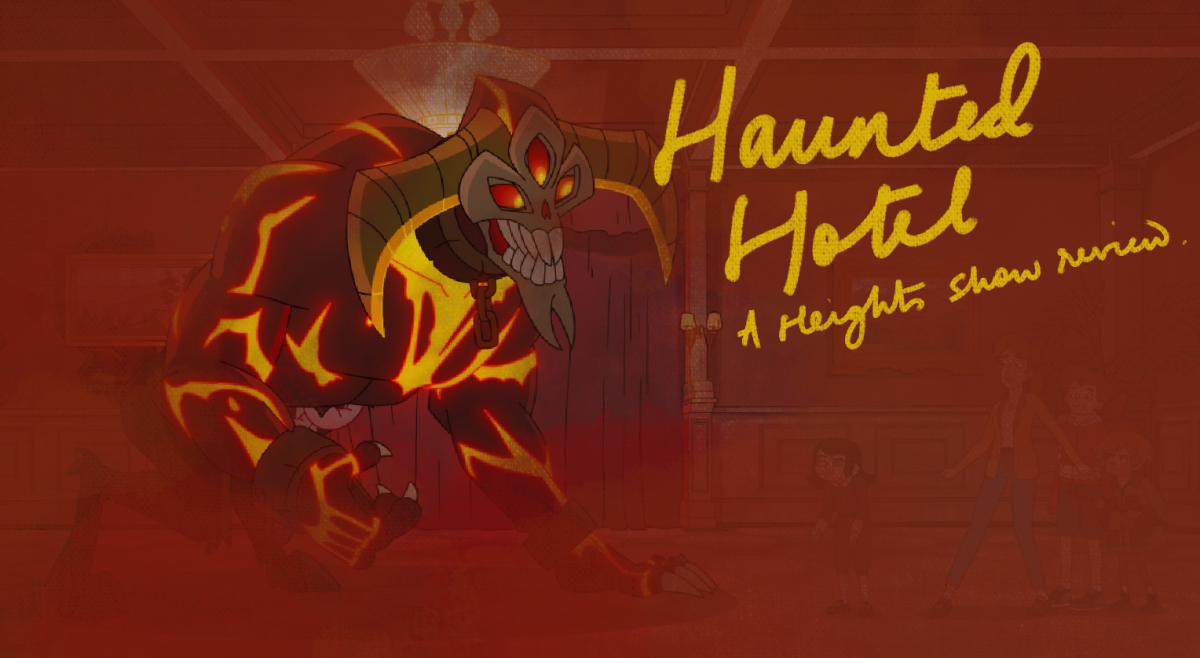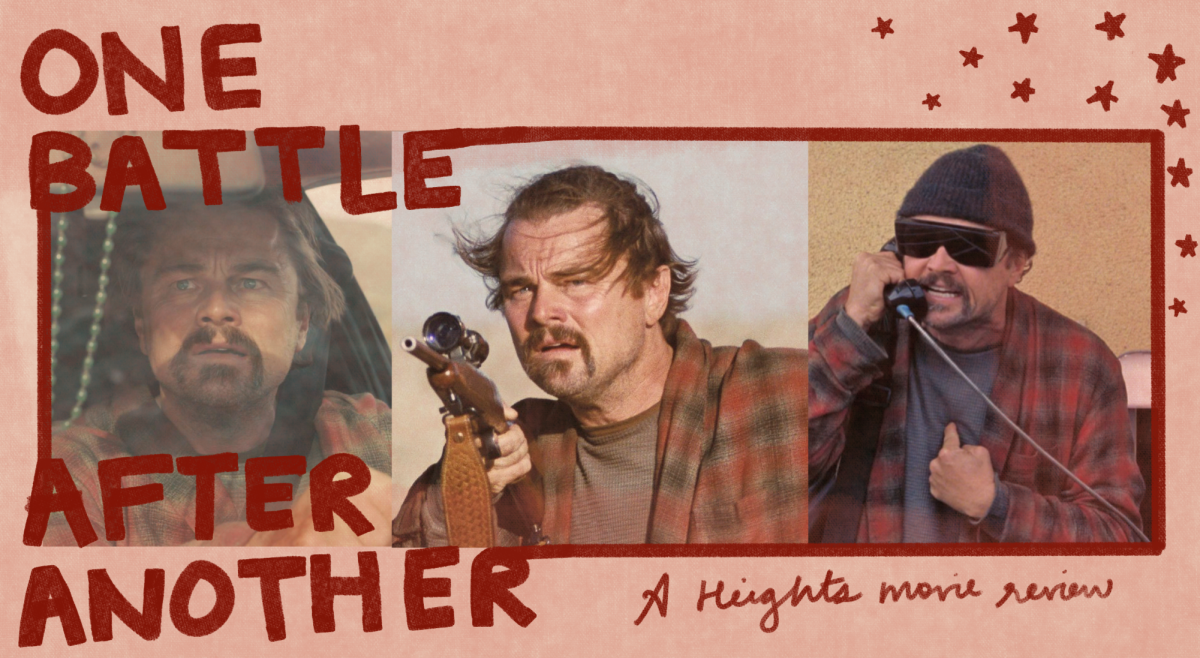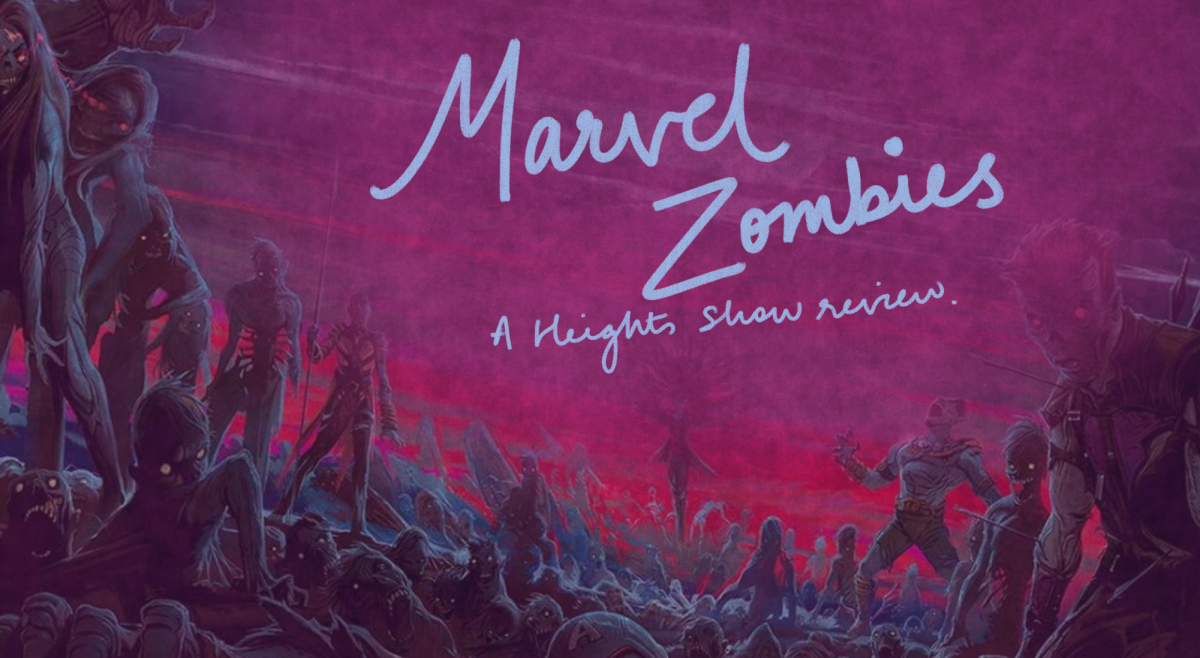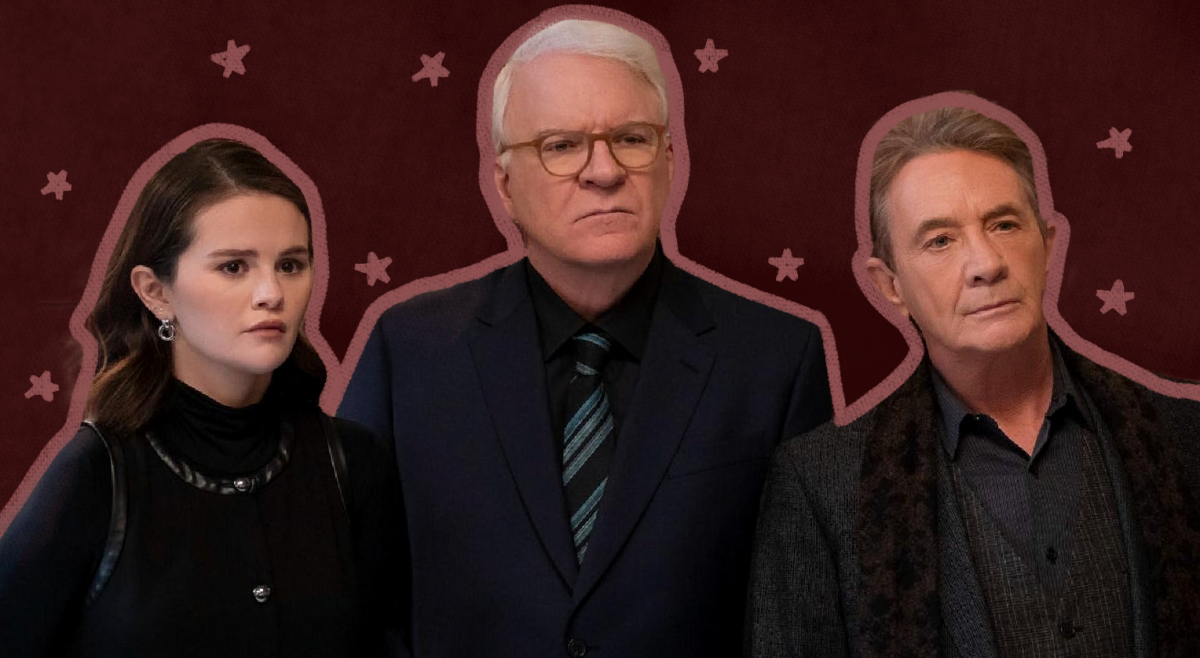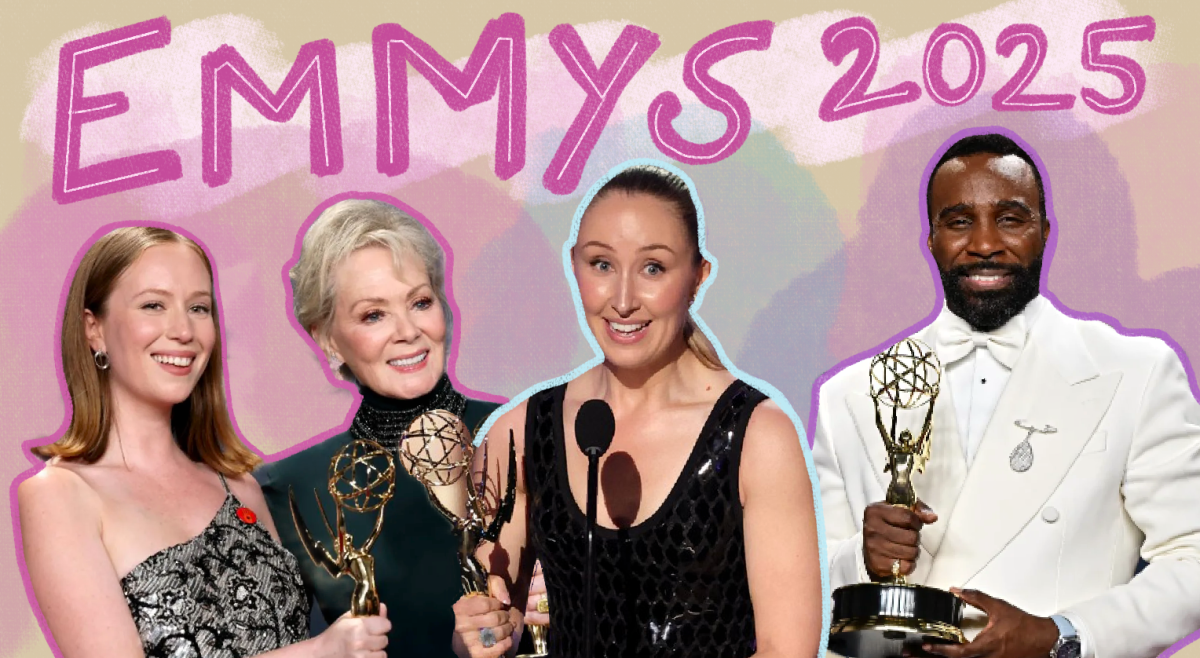Utopia, a new series from Gone Girl writer Gillian Flynn, hit Amazon Prime on Friday. The show is the furthest thing from utopic, but its title is well-suited for the satirical, vice-filled thriller. Expect the unexpected with Utopia—the plot twists and distorts seemingly harmless comic-obsessed fanboys into serious threats to humanity.
The Amazon Original is adapted from the British show of the same name that aired from 2013 to 2014. It follows a group of friends bonded together by a graphic novel series. The gang connects over the internet, where they share their conspiracy theories that the fictional novels foreshadow reality. When an original copy of the sequel, named Utopia, turns up, the group of young adult friends follow it to a Chicago comic convention. Even though they try to fight it, the friends are eventually forced to come to grips with the fact that their theories might be true. With that knowledge comes the responsibility to save the world.
The eight-episode television series is set amid a rising pandemic that affects children (what a coincidence, right?). This version features familiar names—Rainn Wilson plays epidemiologist Dr. Michael Stearns, while John Cusack plays his villainous counterpart, Dr. Kevin Christie. Ashleigh LaThrop of The Handmaid’s Tale also appears.
Utopia is grim, especially with regard to its characters. The most central character of Utopia is Jessica Hyde (Sasha Lane), a not-quite-hero with complex motivations. Her questionable choices always boil down to her own survival. Trying to understand why she makes the decisions she does is a puzzle in and of itself. Her selfish worldview reflects the show’s cynical outlook on humanity.
Many thrillers fixate on a single character who has undergone trauma of some kind—they had a lonely childhood, or skeletons in their closet, or they simply neglect their mental health. Utopia amplifies this trope by fleshing out many of its characters, further strengthening the plot. To varying degrees, each character falls into the trope of the poorly adjusted adult or the mysterious one with a dark past. Still, Utopia knows when to step back and leave some things unknown—nobody is put under a microscope. Even with Jessica Hyde, interpretations are about the morality of her actions, not her. Utopia masters the balance of characterization: Although viewers are kept at a distance, they know just enough to empathize with the cast and feel the show’s suspense.
Though the show is loosely connected to the coronavirus pandemic, Utopia does not claim to offer up any wisdom for the real world. The show pays more attention to how the characters drive the plot, and most of the time, they don’t need to say much for a scene to have significance. The suspenseful storyline of Utopia is an escape from reality, not a fix.
Featured image courtesy of Amazon

